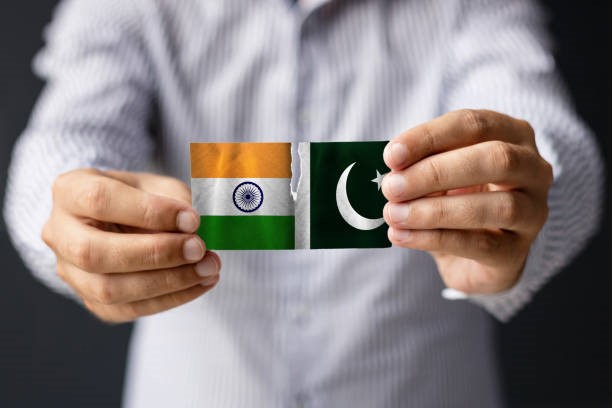The global community collectively breathed a sigh of relief as officially announced a Pakistan India ceasefire along the highly volatile Line of Control (LoC). After months of escalating tensions, cross-border shelling, and hostile rhetoric, both nuclear-armed neighbors agreed to lay down arms and honor the 2003 ceasefire agreement, marking a significant turn in South Asian geopolitics. This rare diplomatic breakthrough was quickly applauded by world leaders, international organizations, and regional allies who had long called for dialogue and restraint between the two nations.
Statements of encouragement and relief poured in from capitals around the world. The United Nations hailed the ceasefire as a positive step towards lasting peace, urging both nations to maintain open lines of communication and work towards resolving their longstanding disputes through constructive diplomacy. The United States, China, Russia, the United Kingdom, and the European Union issued joint and individual statements, expressing hope that this agreement would pave the way for improved bilateral relations and regional stability.
Middle Eastern nations, particularly Saudi Arabia, the United Arab Emirates, and Turkey, also welcomed the development. These countries, which maintain close ties with both Islamabad and New Delhi, had been quietly pushing for de-escalation behind the scenes. They expressed optimism that the ceasefire would ease humanitarian concerns and allow border communities to rebuild their lives without the constant fear of violence.
In South Asia, Bangladesh, Nepal, and Sri Lanka hailed the agreement as a much-needed move for regional prosperity, emphasizing the importance of peace for collective economic growth and trade. Afghanistan, itself grappling with internal conflicts, expressed support for peaceful dialogue between its powerful neighbors, recognizing the influence their stability has on the broader region.
Public reactions within Pakistan and India reflected cautious optimism. Citizens and civil society groups welcomed the announcement, hopeful that this would end the needless loss of life and property along the borders. Human rights activists called for further confidence-building measures, including the exchange of prisoners, easing visa restrictions, and resuming diplomatic channels at higher levels.
Military analysts and geopolitical experts pointed out that while ceasefires have been declared in the past, sustaining them has always been a challenge. However, this particular agreement appears more deliberate, reportedly influenced by intense backchannel diplomacy and international pressure. Observers believe that economic priorities, shifting regional alliances, and the post-pandemic geopolitical landscape played a pivotal role in motivating both sides to step back from the brink.
The ceasefire announcement marks a critical opportunity for both nations to address not only border tensions but also broader bilateral issues that have kept relations frozen for decades. World leaders continue to urge both Islamabad and New Delhi to seize this moment to initiate meaningful dialogue, build mutual trust, and create a roadmap for sustained peace.
As global attention turns to South Asia, it remains to be seen whether this ceasefire can evolve into a genuine peace process. Still, for now, the world watches with cautious hope as two of its most prominent rivals agree to silence their guns and give diplomacy a fighting chance.


